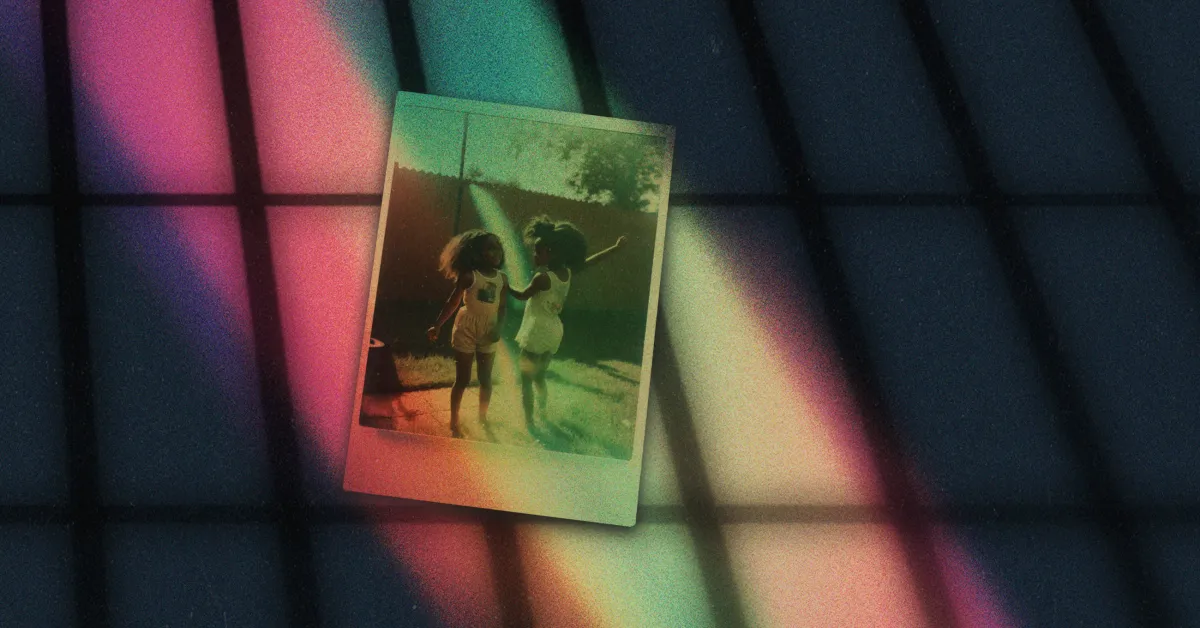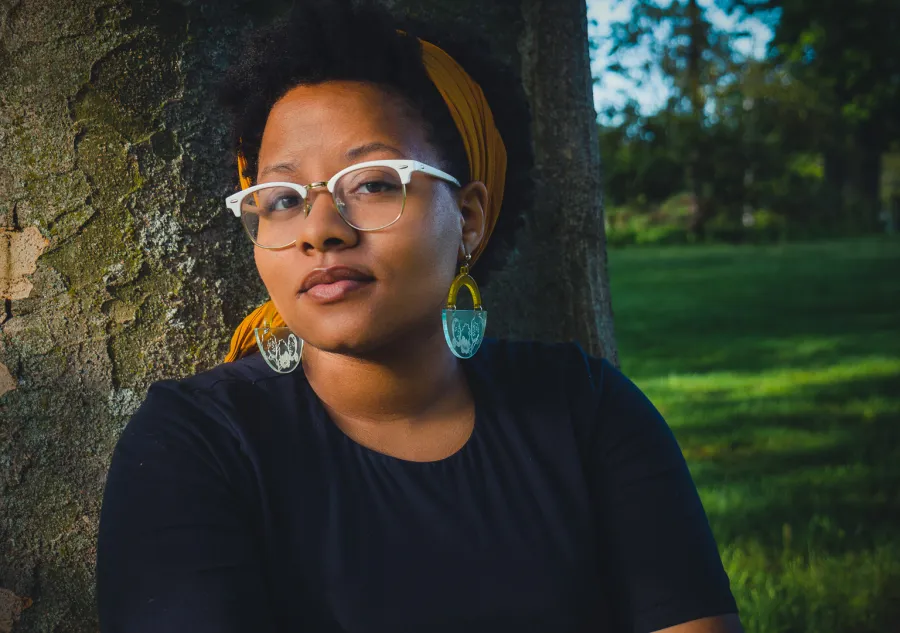- Shows &
Tickets - Classes &
Camps-
-
-
-
Interested in after-school activities for your kids? Explore After School Programs
-
-
-
- Schools &
Educators-
-
- Schools & Educators
Partner with the Alliance Theatre Institute for professional learning for educators and arts-integrated or theater-based instruction for students.
-
Unique Programs
We offer unique programs that use the power of the arts to inspire students, develop skills, and create positive change in schools and communities.
- Poetry Out Loud: Georgia
- JumpStart Theatre
-
-
-
-
Tickets for Teachers is a free ticket program for educators for Alliance Theatre productions. View Program Details
-
-
-
- Artists &
Community-
-
- Artists & Community
Learn more about our playwriting programs, partnerships with community organizations, and resources for artists.
-
An exploration of theater and the people who make it happen.
-
Check here for all major announcements from the theater.
-
-
- Impact &
Support-
-
- Impact & Support
Your support brings stories to life, funds community programs, and ensures more people have access to powerful theater experiences.
-
Name a Seat in the Goizueta Stage
Put your unique handprint on better tomorrows for Atlanta's young audiences.
-
-



“Whether it is with people I have worked with before, or people I have worked with for the first time, building community is at the root of my excitement in my work.”
One of a.k. payne’s (she/they) great pleasures is building community. Winner of the 20th annual Alliance/Kendeda National Graduate Playwriting Competition, payne’s play, Furlough’s Paradise, is having its premiere here at the Alliance from January 31 through March 3. We connected with payne to talk about the inspiration behind Furlough’s, what it means to be this year’s Kendeda winner, and their aspirations for audiences seeing the play.
For Atlanta audiences coming to see the show, when they sit down and open this program booklet, what do you want them to know about their experience at Furlough’s Paradise?
Hmm! That’s a good question. I think a lot of the play is about presence, how we witness each other, and how we share space together. These characters are fighting for moments to be in the same room together because that’s been taken from them. So, I want to invite the audience to breathe, and to, like, be in this room with these people. It is kind of a gift, and it feels really special. So, I invite the audience into an opportunity to share space, breath, and air with one another.
One of the things I find fascinating about this story is how it deals with grief and the realities of it. Why did you choose to make grief a character?
Yeah! I’ve been thinking a lot about how grief opens us up in ways nothing else does. Grief lays you bare. For these cousins, grief becomes a portal through which they can reconnect because of everything that’s happened between and because of these barriers — literal walls and differences. And, you know, just years and years of stuff. I don’t know if there’s any other way that they could see each other except through or from the collective experience of grief. I’ve been thinking a lot about how grief has affected Black Diasporic people. What does it mean to grieve when you don’t necessarily have the connection to lineage or language? What does it mean to grieve a lineage you can’t fully trace. So, grief feels really potent for me right now — in my own life and also with these characters. They cling to each other. They find each other. Even though they’re just in this room with each other for these three days, they’re really mourning and get to share uninterrupted space with one another.
I love that. Very rarely do we ever get a time to like, sit, pause, deal with, and process. In this production you have given us permission to do that.
Yeah. The final day, the final day’s scenes are them building a new ritual for mourning that is like their own … My aunt passed away in 2021, and so a lot of this play comes from my own desire to think through what it would mean for my cousin and I to be able to sit together and breathe and talk. This play is really rooted in trying to figure out how these people can manage to process and heal, but not in a linear way, but a circular way.
Part of your personal life shows up in the story. What emotions or anxieties did you have about mixing your personal life into this story?
That’s a big element of a lot of my work. I write a lot from family histories and archives. My cousin was incarcerated. She went to jail when she was about 17 and I was about 13. She spent six years there. But in the play, the characters are older. I aged them up to give them space and time to grieve in a different way. I wanted to write a play about me and my cousin. I kept writing that in my notebook. And I didn’t know what that play was gonna be, but I knew I wanted to do one about us. It wasn’t until I read another play by Amy Herzog that dealt with friends and people in a condensed space that I began to imagine the structure for Furlough’s Paradise. It’s such a vulnerable work that feels really, really tender to think about the ways I’m pouring parts of myself into this, but also being intentional about community. I told my cousin I was writing this and sent her the beginning of it.
How did she respond?
She was like, ‘It’s a play about us!’ She was so excited, but I was so nervous.
One final question. You’re the 2024 Alliance/Kendeda National Graduate Playwright Competition Winner. Kendeda has catapulted the careers of so many. How does it feel to have this opportunity to put this very personal story on the stage for others to experience?
I feel really excited and really grateful. Tarell Alvin McCraney, who won Kendeda some years ago, is actually my mentor. He is also one of my favorite writers in the world. And he told me about the competition. So that also makes it even more special. But also, I’m just really grateful for any space to share work, to share work with audiences, and to have resources to fully actualize a dream. I think a lot about plays as like blueprints for imagining freedom, or blueprints for imagining worlds, and the invitation to gather people. This is an opportunity to play around with what that blueprint can do and how we [can] imagine the space to be together.

Learn more about Furlough’s Paradise.












